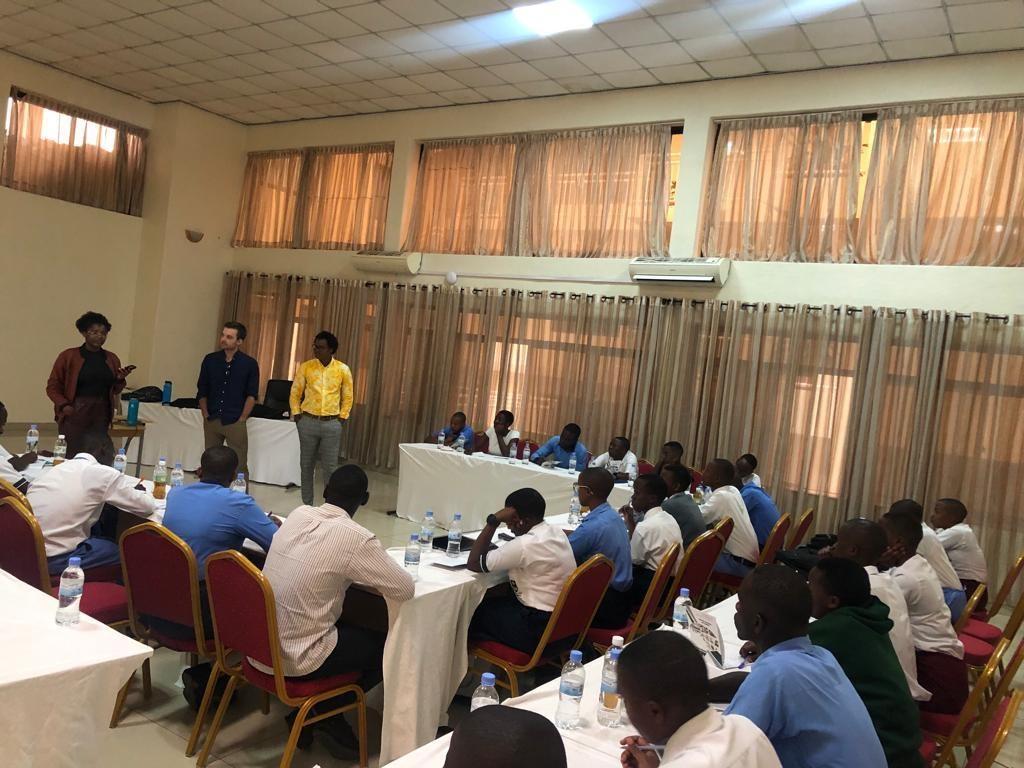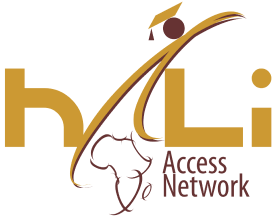Reflections from Rwanda: Listening and Learning
Meto is learning how to listen. To Afrobeats in a crowded Toyota RAV4 in the hills of northern Rwanda. To our fellow staff members, as we bring perspectives and experiences from Ethiopia, Liberia, Rwanda, and the US. To our HALI Access network colleagues (shout-out Norris and Chaste from Bridge2Rwanda!). To the universities with whom we connect students. But most of all, to the students we serve.
Some context: Like all HALI Access organizations, we know the basic reality at the crux of our work – HALI students across Africa are struggling to access higher-education opportunities. But we have been learning recently that in order to design and implement optimal solutions, we need a ton of feedback from students.
So we went to Rwanda, where we have a particular organizational focus at the moment. In the end, we met with students from seven high schools and one university — some who use or have used Meto, some who have not. The takeaways were wide-ranging: Completing our onboarding form can feel like clicking “Next, next, next…” a million times. Boarding school students can go an incredibly long time without access to technology, which means Meto must share university opportunities with high school administrators and parents as well as with students’ email addresses. Opportunities shared via WhatsApp sound like scams, so don’t lean too hard on WhatsApp when trying to share news about Meto. And so on.
It’s not that any one idea was revolutionary in a vacuum. But the sum total is already proving richly helpful as we prepare to release our upgraded tech product for students, which will be more accessible and optimized for low-income, rural students than ever before.
And, as always, the students stole the show in ways we didn’t expect, highlighted by our visit to the University of Global Health Equity (UGHE), a world-class medical school in Butaro. Meto helped place 13 of the 42 students in UGHE’s current first-year cohort, and it was an honor and joy to see them thriving on campus.
They are in awe of their new lives. “This is my dream,” a Congolese refugee student told us. We heard this sort of sentiment from many students. They do a fantastic job of celebrating the opportunities now available to them, and it was a joy to listen to them share their excitement about their lives at UGHE. But we found ourselves also listening to and learning from the way they balance celebration and continued hard work.

Focus group with highschool students and educators in Musanze, Rwanda
They are not content to rest on their laurels and bask in their own achievements. They are passionate about helping younger students receive the same sort of access as them. Unlike most of the students we spoke to on the trip, the UGHE students have already made it. They stand to personally gain nothing by making Meto better. But there they were, 21 out of 42 members of the first-year cohort on a Friday afternoon after a week of med school classes, joining us for a focus group on how we can make our service more accessible for the lowest income, most rural students.
Mindful of their time, we planned to only keep them for an hour. But at the hour mark it was clear they didn’t want to go anywhere. They kept asking questions and delivering feedback until the last possible moment when we needed to leave due to darkness concerns on the dirt road journey back to Kigali.
We have much to learn from their approach: celebrate the successes, but remember the work still to be done. They have provided a template for us to keep in mind moving forward. Yes, we ought to celebrate, even bask in the successes of our students. But we couldn’t help but listen to and learn from the subtext in their actions. If they can keep going strong late on a Friday afternoon on behalf of those who haven’t yet made it, so can we.
